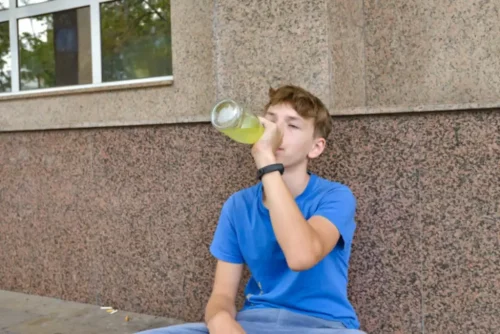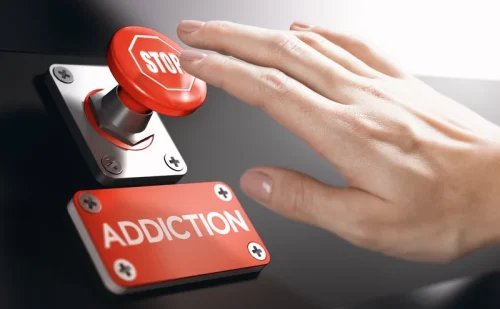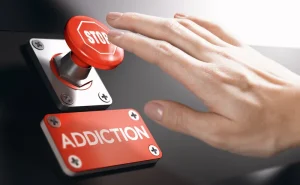
Although status epilepticus probably has a better prognosis when alcohol-related compared to many other etiologies (01), it possibly increases the risk for subsequent epilepsy (18). A study that followed a cohort of 257 patients with a first episode of status epilepticus reported that 6.2% of these events were secondary to acute-toxic causes such as drug or alcohol intoxication or withdrawal (33). Acute-toxic causes of status epilepticus had a very low probability of unprovoked seizure recurrence when compared to acute primary central nervous system pathology (ie, stroke, trauma). The estimated risk of seizure recurrence at 1, 2, and 5 years was 0%, 9.1%, and 9.1%, respectively (33). The presence of both status epilepticus and focal seizures should prompt a careful evaluation for structural brain lesions and underlying epilepsy (07). Experts believe that the kindling phenomenon occurs because of permanent changes in the brain in people with an alcohol dependence.

Adaptations In Amino Acid Neurotransmitter Systems
- The seizure type is predominantly the generalized tonic-clonic, occurring singly in about 50% of cases or occurring as a series of seizures within a 6-hour period (77).
- Brain MRI performed 6 weeks previously (for an episode of transient confusion in the context of urosepsis) revealed no abnormalities.
- For the purpose of reducing risk of seizures and rebound withdrawal symptoms after discontinuation, long-acting drugs should be preferred to short-acting ones (41; 20).
- Over 50% of alcohol withdrawal seizures may relate to additional risk factors, such as preexisting epilepsy, structural brain lesions, or drug use.
As mentioned above, the revised CIWA-Ar scale can be applied to grade the severity https://ecosoberhouse.com/ of alcohol withdrawal (71). It has prognostic value, as patients with scores less than 10 generally do not need pharmacological treatment. However, symptom-triggered therapy based on the CIWA-Ar protocol depends on correct application of the inventory (17). A metaanalysis of 30 randomized controlled trials compared benzodiazepines versus non-benzodiazepines treatment for alcohol withdrawal syndrome (15).
- In a healthy person, the liver quickly filters alcohol, helping the body get rid of the drug.
- Those patients, by the combined effects of high chronic alcohol intake, poor diet, modified intestinal absorption and social disadvantages display a high rate of nutritional depletions 20,37,63,64,65.
- In addition, data indicate that carbamezapine decreases the flow of glutamate into slices of the hippocampus, a part of the brain involved in seizures (Olpe et al. 1985).
Binge Drinking Seizures
The intravenous formulation is gaining acceptance in the clinical management of status epilepticus so that it could potentially be used in prophylaxis against alcohol withdrawal seizures. Increasing interest is expressed in the potential of gabapentin as a treatment for alcohol withdrawal (74–78) and of topiramate in alcohol dependence (79). Animal studies confirm that both drugs have protective activity against ethanol withdrawal seizures (80,81), and evidence from a preliminary clinical trial suggests that topiramate is effective in preventing seizures in human subjects undergoing withdrawal (82). Alpha2-adrenergic agonists like clonidine and dexmedetomidine should not be used alone to prevent alcohol withdrawal seizures or delirium as they “do not treat the underlying pathophysiology” (79). These medications may be used as adjunctive therapy with benzodiazepines in the treatment of anxiety or autonomic hyperactivity that persist in spite of benzodiazepine use, as a benzodiazepine-sparing treatment for alcohol withdrawal syndrome in the ICU (79). Paradoxically, length of stay in the meta-analysis favored standard benzodiazepine therapy when analyzing cohort studies, but dexmedetomidine adjunctive therapy was significantly favored when randomized controlled trials were analyzed.

Adaptations in Neuropeptide Systems
In a meta-analysis of controlled trials for prevention of alcohol withdrawal seizures, a highly significant risk reduction for seizures with benzodiazepines compared to placebo was demonstrated (20). For the purpose of reducing risk of seizures and rebound withdrawal symptoms after discontinuation, long-acting drugs should be preferred to short-acting ones (41; 20). However, short-acting benzodiazepines may have advantages for patients with respiratory insufficiency. Symptom-triggered treatment has been reported to be as effective as fixed-dose or loading therapy, resulting in lower doses and shorter treatment time (58). Yet, treatment strategies and doses vary from center to center and consensus is lacking (46).
Types and symptoms of alcohol-related neurologic disease

Seizures that occur later than 48 hours after intake of the last drink may indicate other potential etiologies than simple alcohol withdrawal, such as subdural hematoma, brain contusion, or mixed drug and alcohol overuse (19). When patients present repeatedly with typical alcohol withdrawal seizures, imaging is not necessary unless changes in seizure type and frequency, seizure occurrence more than 48 hours after cessation of drinking, or other unusual features are present. Patients with severe alcohol withdrawal symptoms and all those with seizures during previous alcohol withdrawal episodes have higher risk for alcohol withdrawal seizures and may benefit from seizure preventive treatment (20). When pharmacological treatment is necessary, benzodiazepines should be chosen for the primary prevention of seizures in a person with alcohol withdrawal.
What causes alcohol-related neurologic disease?
Delirium tremens (DTs), also called alcohol withdrawal delirium (AWD), is the most severe form of alcohol withdrawal. It occurs in 5-10% of alcohol-dependent people and is a medical emergency. Signs and symptoms of DTs include disorientation, confusion, agitation, hallucinations, fever, sweating, high blood pressure, and fast heart rate. withdrawal seizures symptoms These symptoms can quickly progress to cardiovascular collapse and death without timely treatment. Abruptly stopping alcohol use after prolonged heavy drinking can trigger alcohol withdrawal seizures due to changes in brain chemistry. Alcohol withdrawal syndromes can be insidious and often ascribed to alternative diagnoses if alcohol histories are not fully divulged upon initial hospital presentation.